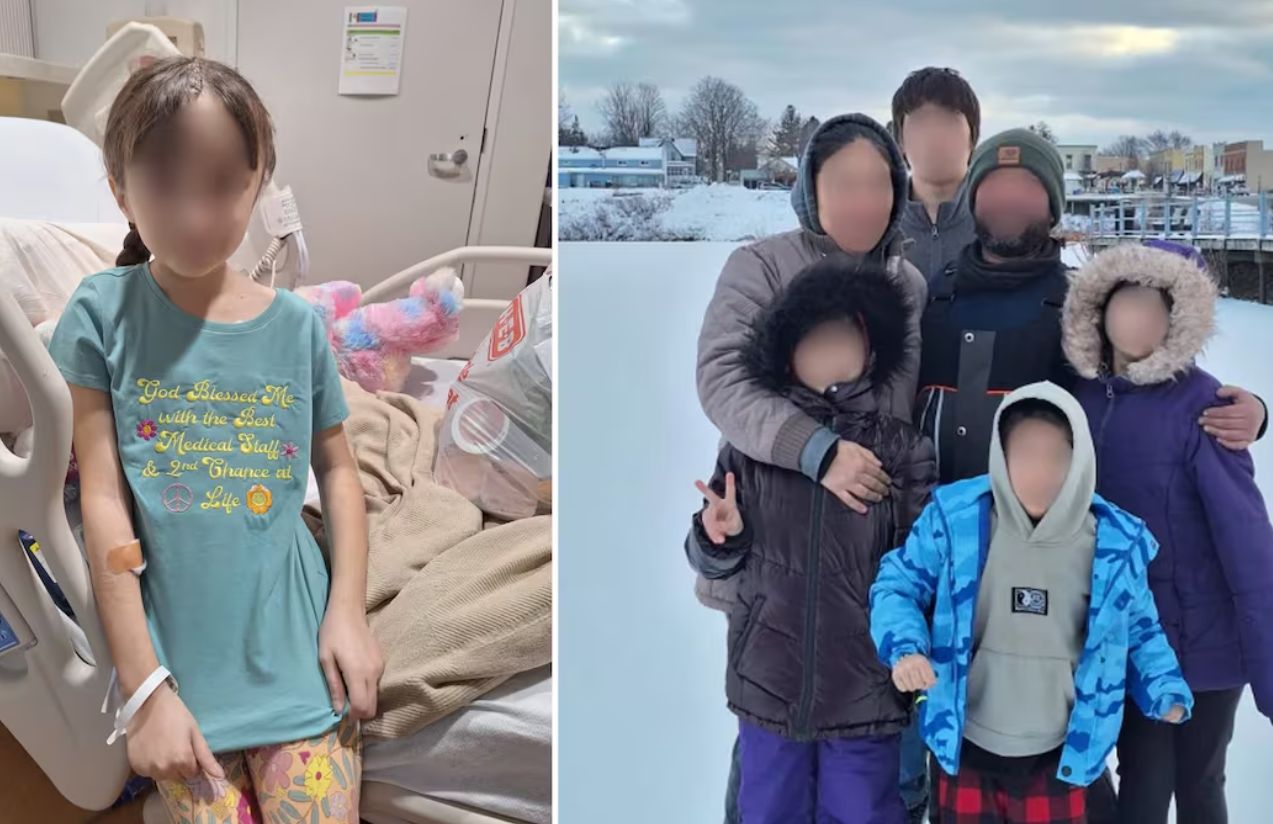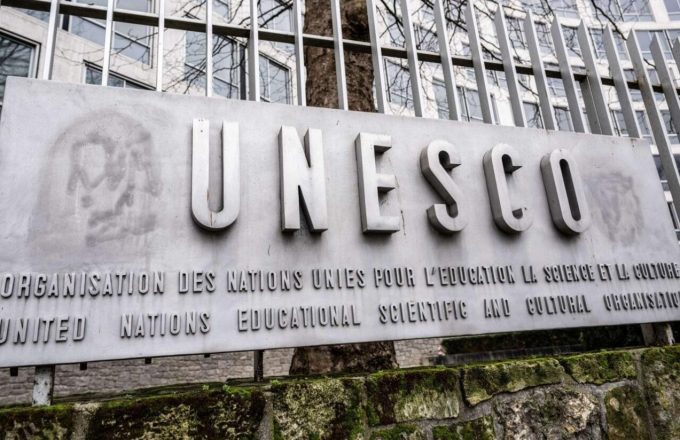It was a trip the family had made up to five times in the past year, ever since their 10-year-old daughter was diagnosed with a cancerous brain tumor. But this time, their final destination was not a doctor’s office in Houston—it was the Mexican side of a border bridge over the Rio Grande in Texas. The undocumented parents and their five children—four of whom are U.S. citizens by birth—were expelled from the country with nothing but the clothes on their backs.
More than a month after their expedited deportation, the family, identified under the fictitious name Hernández García for security reasons, remains in Mexico in precarious conditions. The young girl, recovering from brain surgery, and her 15-year-old brother, who suffers from a heart condition, have not received the medical care they need. Meanwhile, their eldest son, 17, remains alone in Texas. Mexican authorities, when consulted by this news outlet, stated that they have not yet been able to locate the family.
The case, first reported by NBC, is further proof of the mass deportation policy that Donald Trump’s administration has intensified during his second term. During his first term, family separations at the border sparked a major scandal that forced him to backtrack. Now, however, the government has hardened its stance even further. Tom Homan, the current border czar, made it clear months ago in an interview. When asked how they would avoid separating families with mixed immigration status, he answered bluntly: “Of course there’s a way. Families can be deported together.” The Hernández García case is the first public example of this policy in action.
According to the mother, the family was traveling from Rio Grande City to Houston for an emergency medical appointment. As in previous instances, they carried letters signed by doctors and lawyers to justify their passage through a border checkpoint. It had always been enough. This time, it wasn’t. Despite having no criminal record, the agents ignored the documents, detained the family, and transported them to an immigration detention center. There, they were separated by gender and, according to the mother’s account, treated with extreme harshness: the children were subjected to invasive searches and called degrading racist slurs. Additionally, agents attempted to confiscate their medications.
The worst moment came when the parents were forced to choose between leaving their children in the U.S. under government custody—where they would likely never see them again—or being deported together. Without legal guardianship documents specifying who would take care of them, the children would have been placed in the foster care system, from which it is difficult to regain custody. The heartbreaking decision was clear: the family would stay together.
They were transported in a van to the border and left on the Mexican side. Since then, they have moved from a shelter to temporary housing, but they continue to face insecurity and lack access to basic services. The 10-year-old girl still suffers from brain swelling, making it difficult for her to speak and move. Her brother requires treatment for his heart condition. Neither has received the necessary medical care, nor have they been able to attend school. Meanwhile, their eldest son remains alone in Texas.
U.S. authorities have not issued an official response regarding the case. The family and the Texas Civil Rights Project have launched a campaign urging Congress to reunite them. “My children deserve medical care, education, and the right to live in the only country they know as home,” the mother stated in a press release. “But they also deserve to be raised by their parents in that home.”
The Hernández García case not only revives the painful memory of family separations but also highlights other controversial aspects of Trump’s immigration policy. Questions remain about the legality of their deportation, as it is unclear whether a judge ordered it. Furthermore, by deporting U.S.-born children, the government has shifted the debate over birthright citizenship from the legal realm—where it is currently being contested in multiple lawsuits against Trump’s executive order—to the real world, where its consequences are proving devastating for affected families.




















